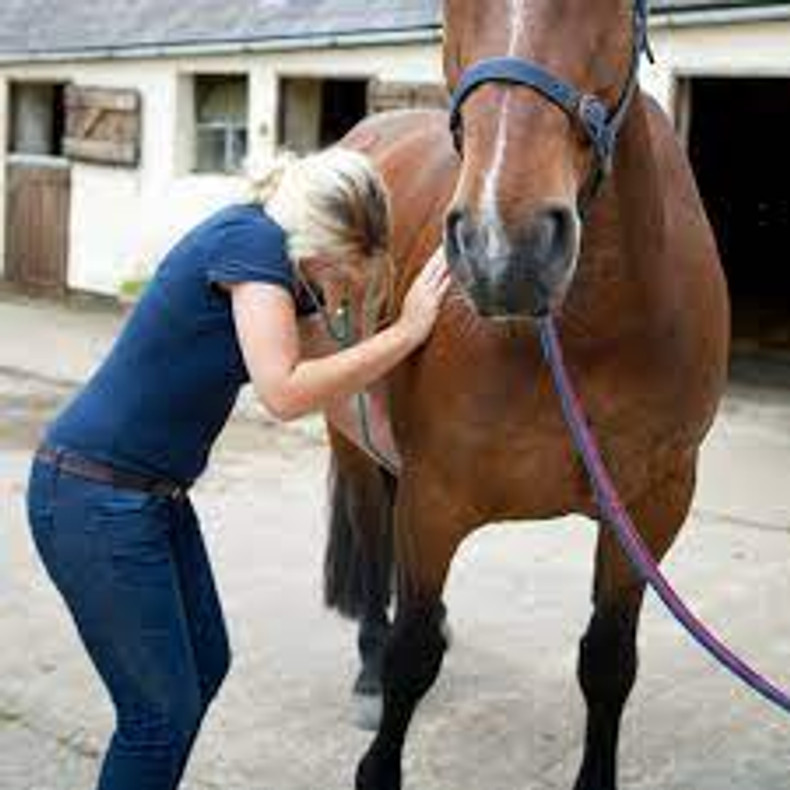Vital signs (TPR) – What’s normal & What’s not
Are you aware of a horses normal vital signs or TPR (Temperature, Pulse, Respiratory)? Have you ever wondered what a normal temperature is for a horse, what their heart rate should be, or how many breaths they should be taking per minute?
It’s not a bad idea to have a knowledge of what these parameters are so you can know that your horse is feeling happy and healthy. By regularly checking your own horse, you will get an idea of what their normal TPR is and you will be able to notice quickly if they aren’t feeling well or not recovering from strenuous exercise as they should be. Below is a guide to help you, however, please remember that every horse is different, and rates may vary from one to the other.
- Temperature – normal range is between 37.4- 38.4 degrees C, a high temperature can be a sign of illness or overheating, a decrease can indicate shock or sickness. Temperature is checked via the rectum, always using a clean thermometer. As a note a foal’s temperature will be slightly higher than an adult horse so keep this in mind if checking a foal, and probably best to seek the advice of a vet.
- Heart Rate (pulse) – is normally between 36-42 beats per minute but this can vary slightly for each horse. Things such as current health and fitness levels can affect the heart rate. To manually check your horses heart rate place 3 fingers (not your thumb) where veins are closest to the skin surface such as under the jaw, or under the tail. You can also check it with a stethoscope just behind the elbow. When checking count the heart beats for 15 secs then multiply it by 4 to get a per minute rate. Heart rate should return to normal within 30 mins after exercise. Note: Rates for foals 70-120 beats/min, yearling 45-60 beats/min
- Respiratory Rate – Can vary between 12-20 breaths per minute. You can check this by watching the horses rib cage or nostril and counting the breaths. Wait 30 mins after exercise to check respiratory so you can be sure the horses’ rate has returned to normal. Respiratory rates can be affected by fitness, temperature, pain, excitement or illness.
There are another few ways to help check if you feel your horse is feeling unwell such as
- Mucous membranes – should be a healthy pink colour, moist, with a capillary refill time of less than 2 secs
- Gut sounds – should have good strong gut sounds on both sides
- Hydration – using the skin pinch test should retract in around 1 sec
Hopefully these helpful hints will let you decide what is normal or abnormal for your horse. Remember this is just a guide, if you do have any concerns regarding any of your horses vital signs please call and make an appointment with your veterinarian to have your horse fully checked over.


